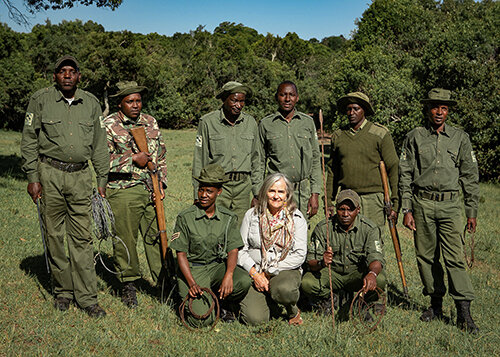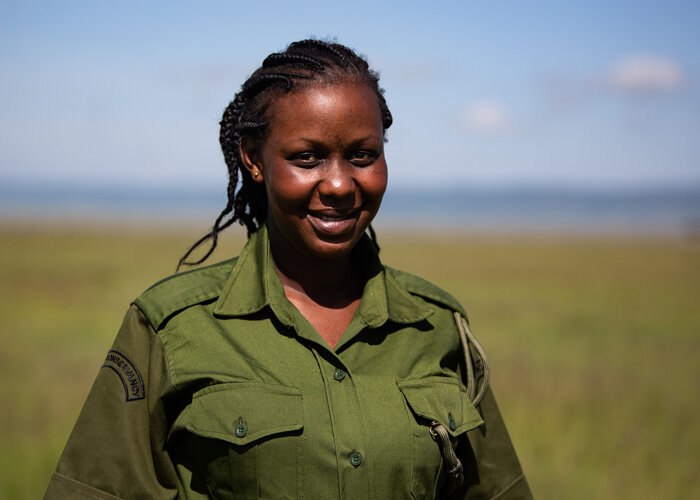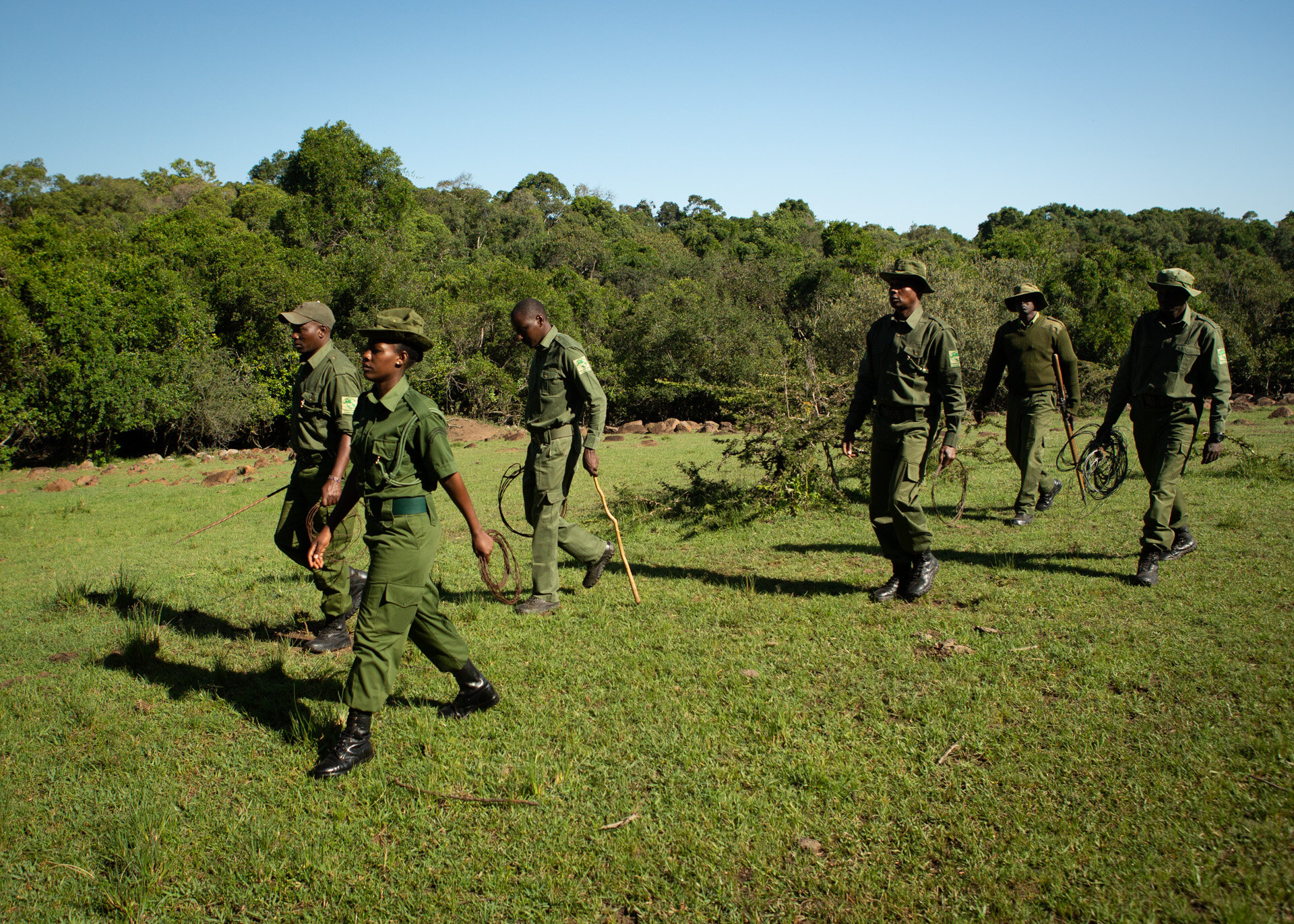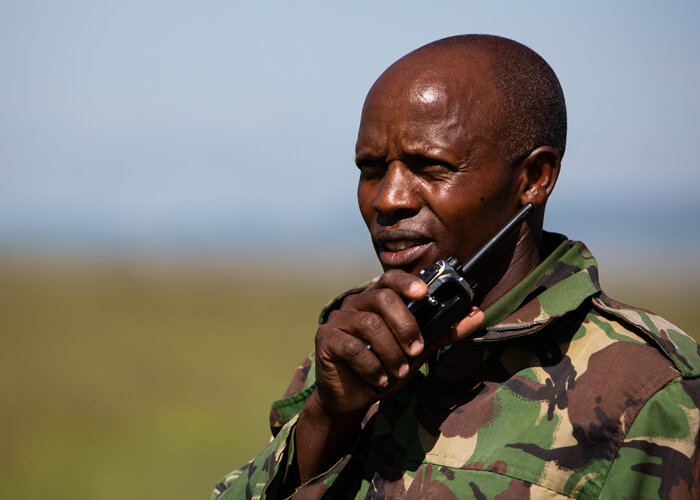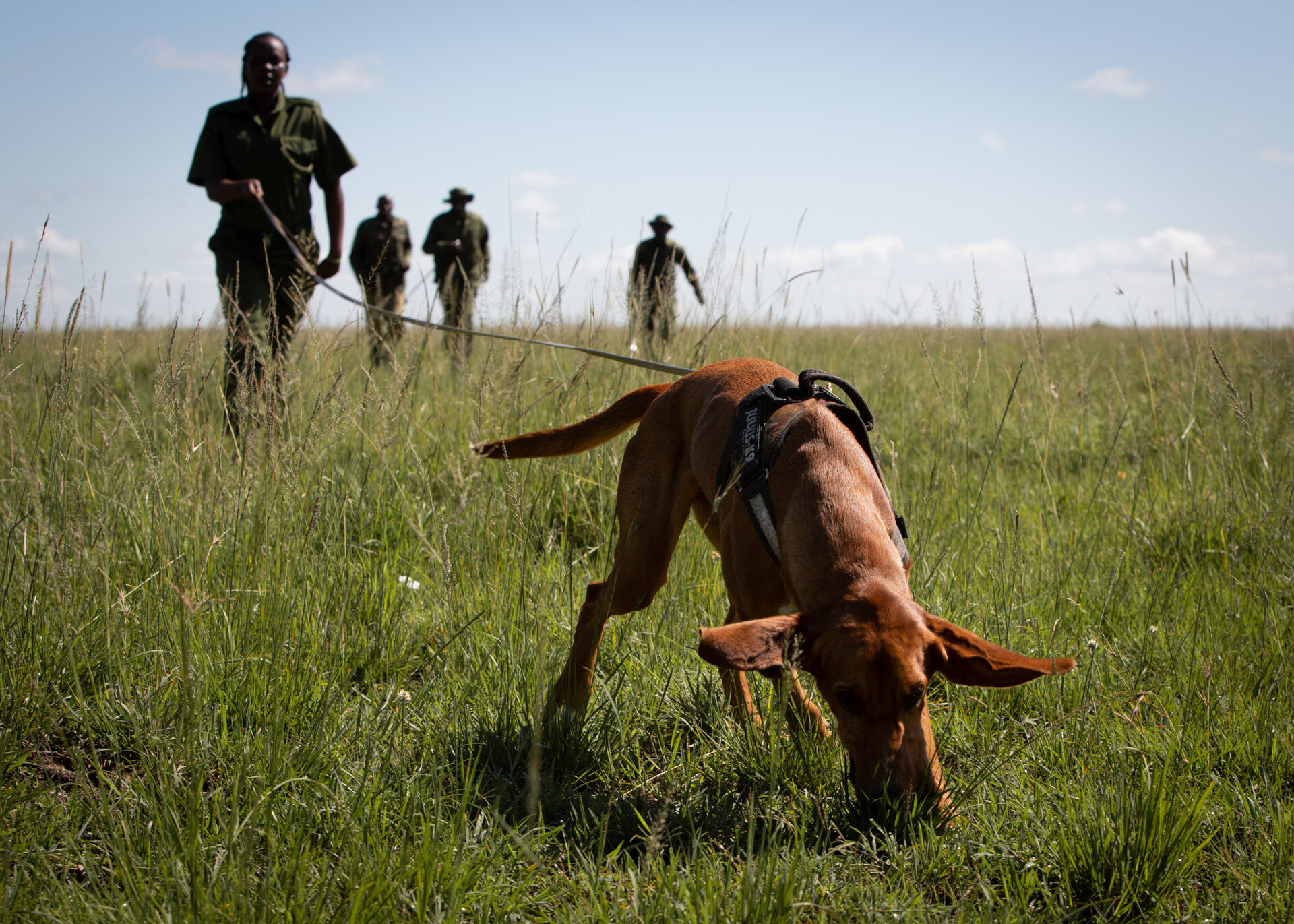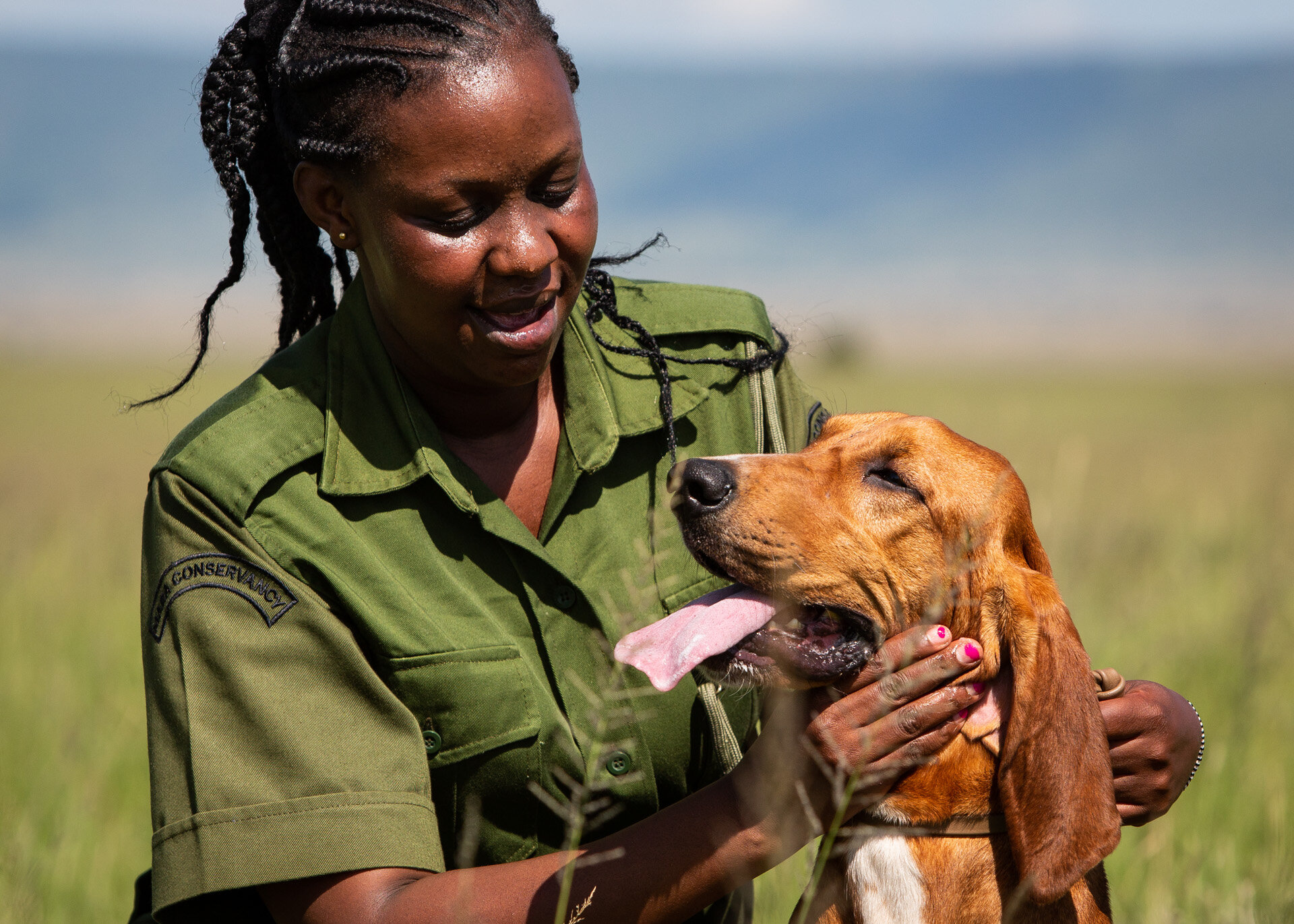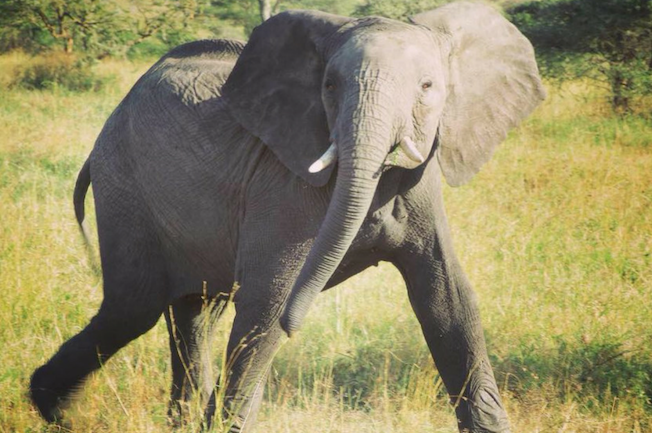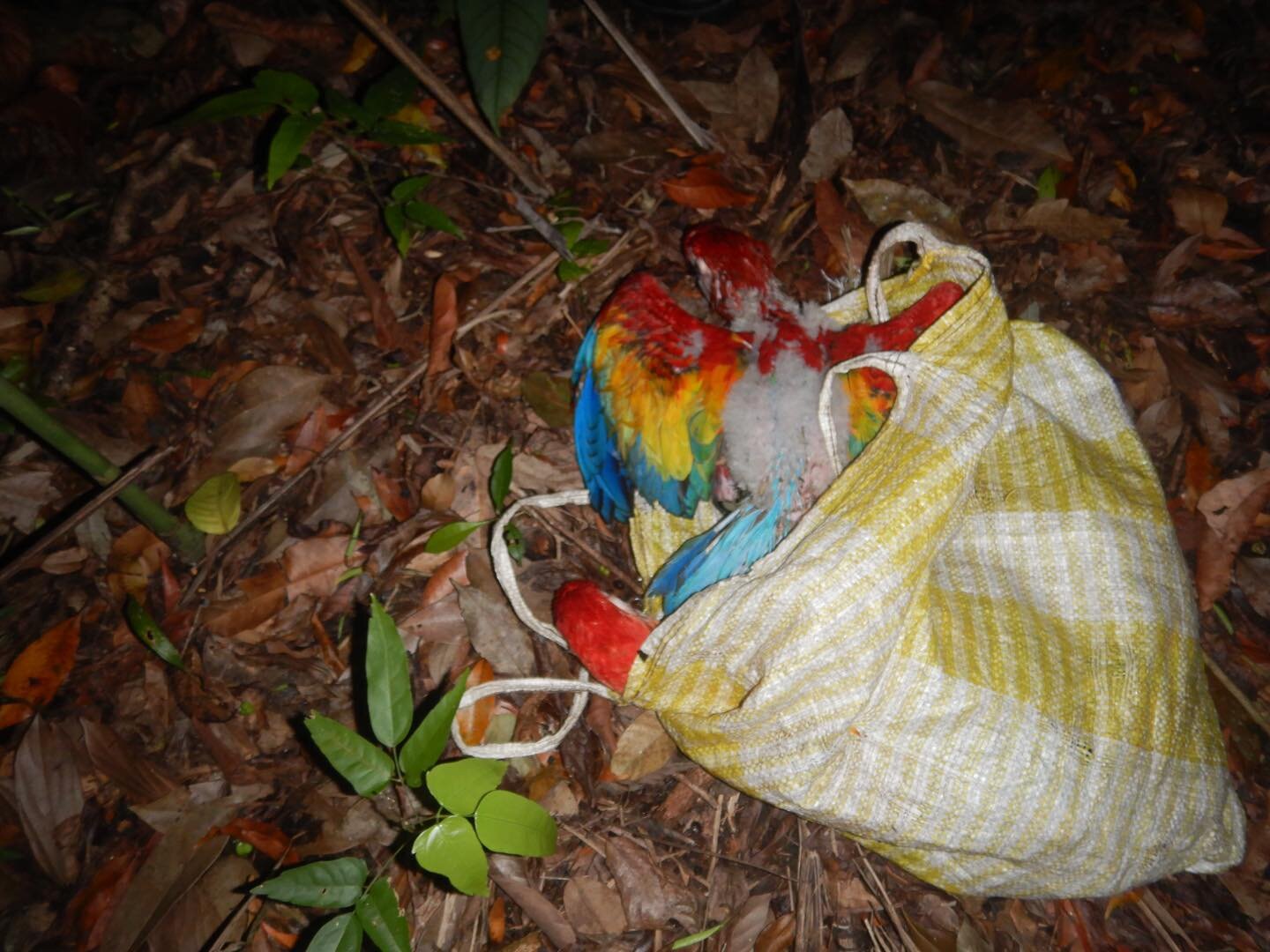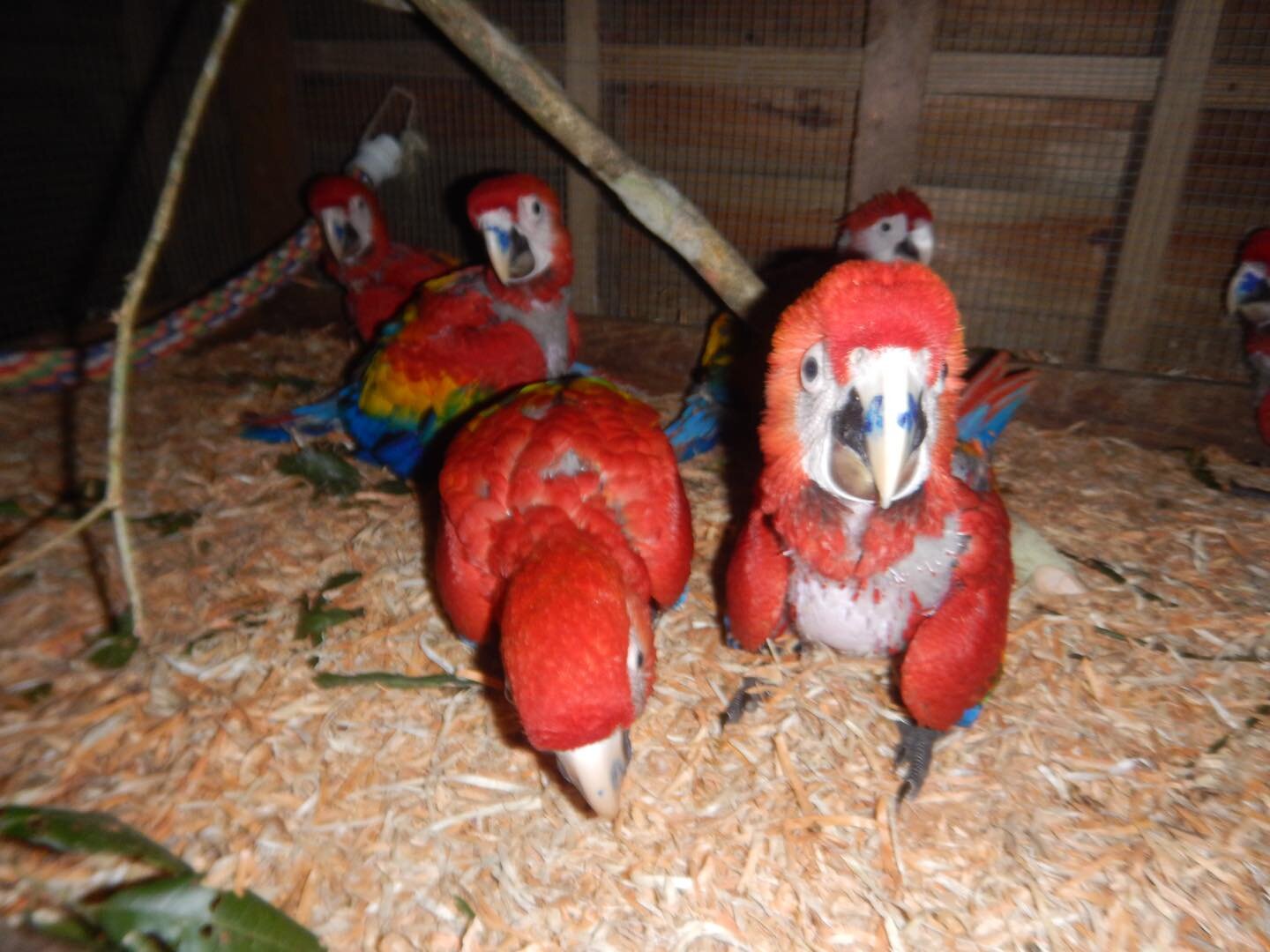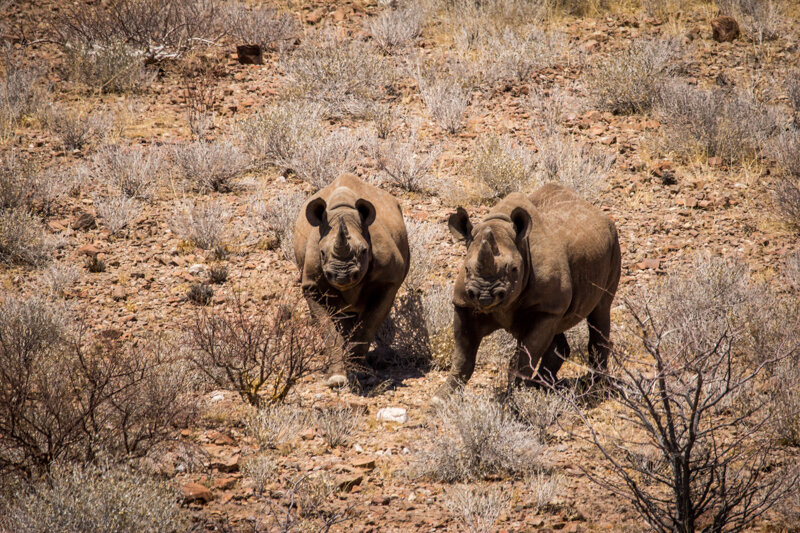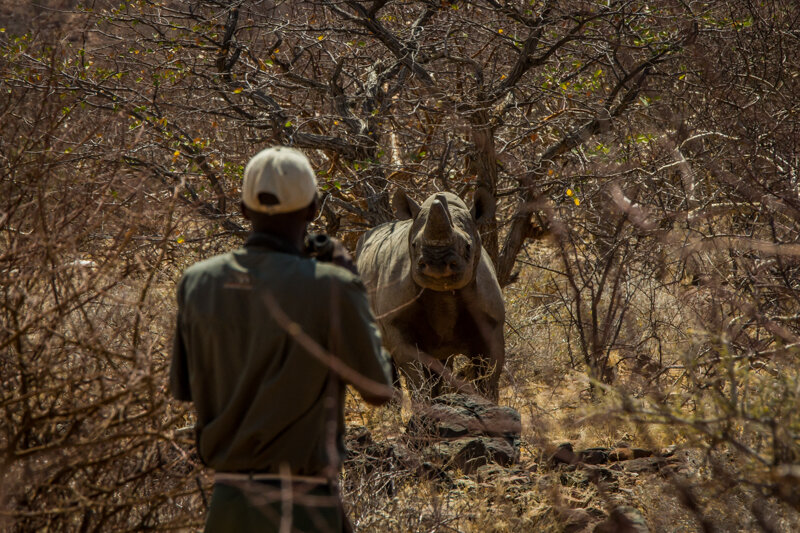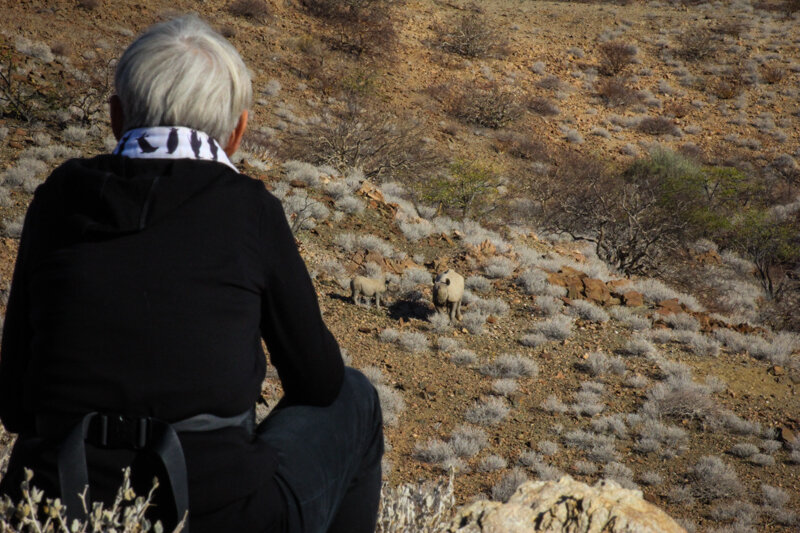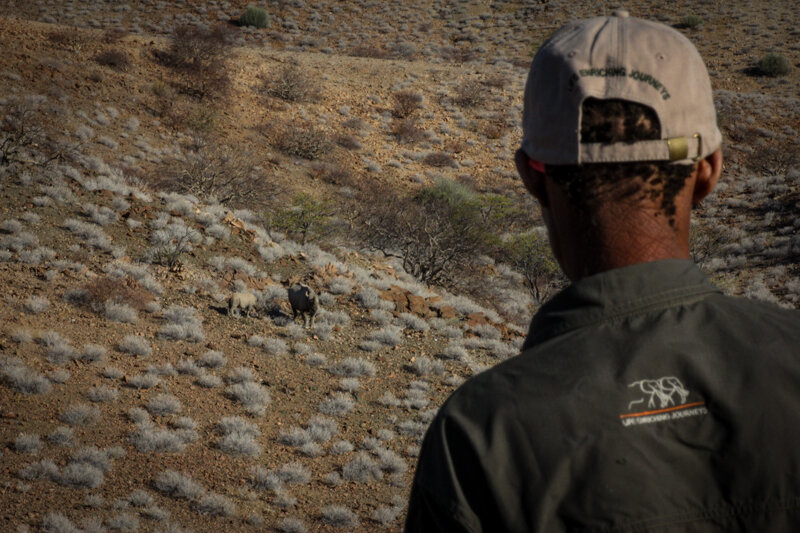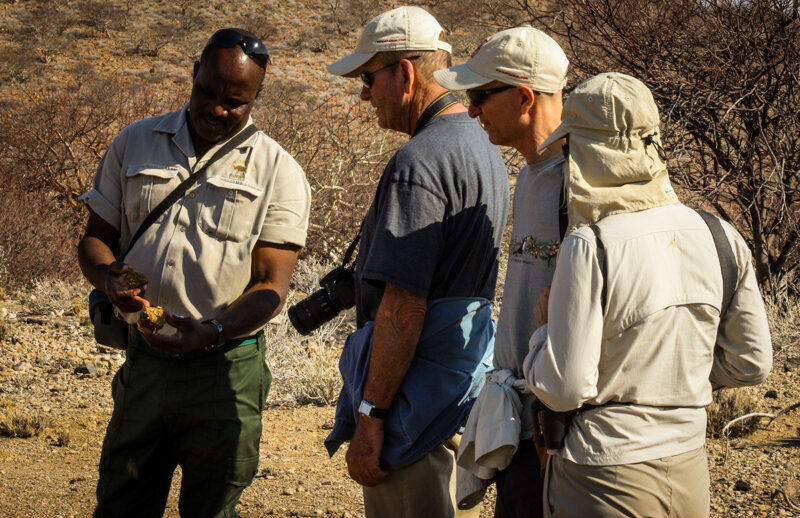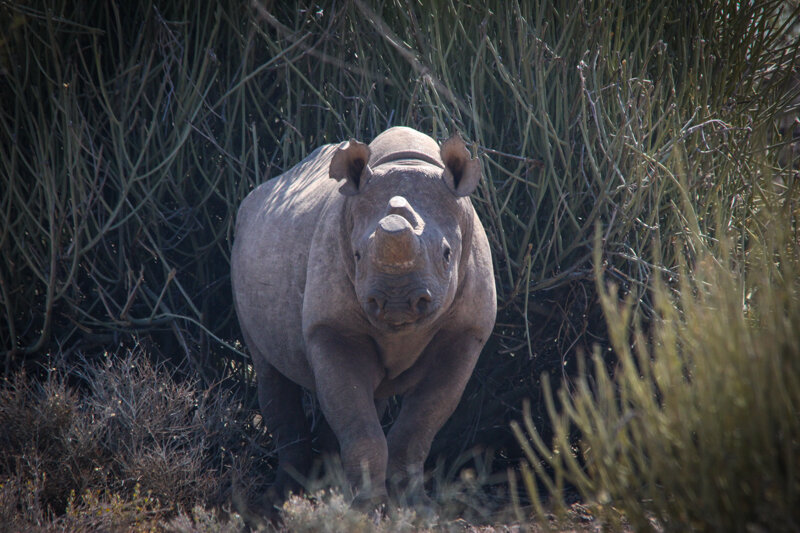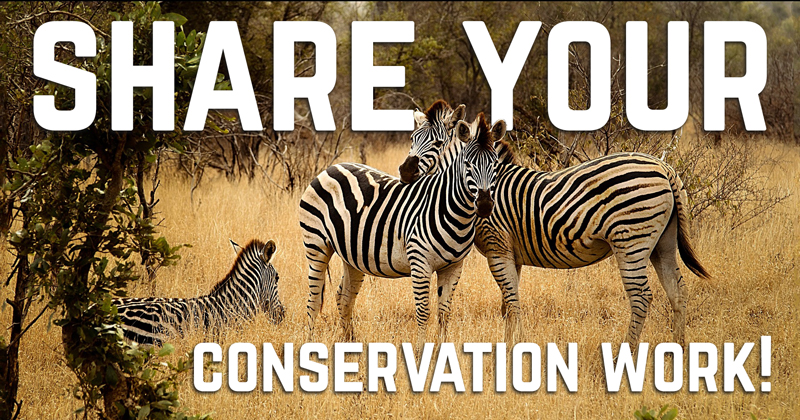
CONSERVATION STORIES
Stewarding Natural
&
Cultural Travel Assets Worldwide
2020 Grant Winners - 6 Projects Funded
6 NEW conservation initiatives in Chile, Cambodia, Botswana, Palestine, and Bolivia. Our 6th grant winner, in Guyana, was funded by travelers from all around the world! During the month of December, we were able to raise over $10,000 in donations from individuals who care about conservation and the protection of our travel destinations.
2020 was a rough year for the entire planet but we still made an impressive leap forward in conservation by funding 6 NEW conservation initiatives in Chile, Cambodia, Botswana, Palestine and Bolivia.
Our 6th grant winner, in Guyana, was funded by travelers from all around the world! During the month of December, we were able to raise over $10,000 in donations from individuals who care about conservation and the protection of our travel destinations.
Support for the Last Remaining Elephants, Cambodia
Continuing critical care for Cambodia's last remaining captive and wild elephants, restoring their forest habitat, and supporting the indigenous Bunong community during the Covid 19 Pandemic, enabling the project to continue to attract adventurous eco-tourists both.
From Horse Guides to Conservation Stewards, Chile
Funding of this project will allow out of work arrieros (horse guides) affected by diminished tourism, to earn income while working for a much needed stewardship infrastructure project. This project will refurbish critical sensitive sections of the trail to Cochamó and provide wages to an invaluable workforce which keeps Cochamó afloat.
The Elephant Express Conservation Bus, Botswana
The Elephant Express buses educate and promote human-wildlife coexistence by safely transporting vulnerable members of the community through an elephant corridor along which elephants move between key wildlife tourism areas.
Homestay Family Training Program, Palestine
The purpose of the project is to conduct COVID-specific capacity-building training so that local communities can again welcome tourists and thereby continue to raise awareness of the need to protect the Palestinian environment, heritage, and unique communities.
Strengthening Resilience in Chalalán Ecolodge, Bolivia
Recovering tourism after the pandemic in the heart of the Madidi National Park will secure the future income for the indigenous Uchupiamonas families and stewardship of the natural capacities of the indigenous peoples living in this highly biodiverse landscape.
From Horse Guides to Conservation Stewards, Chile
Funding of this project will allow out of work arrieros (horse guides) affected by diminished tourism, to earn income while working for a much needed stewardship infrastructure project. This project will refurbish critical sensitive sections of the trail to Cochamó and provide wages to an invaluable workforce which keeps Cochamó afloat.
THANK YOU!
Our mission to harness the travel community's environmental and cultural conservation efforts for maximum impact, means nothing with our the support of so many people who make this happen:
ATCF Members for sharing the importance of this campaign
Grayl for offering a $2,000 match for this campaign
Every. Single. Donor.
$26,000 Awarded from Fund a Ranger Campaign
We did it! Last month we launched our Fund a Ranger campaign and with your help, in just four short weeks, we raised over $26,000! These funds will be going directly to three organizations around the world, including Kenya, Belize, and Namibia, to get rangers back into the wild protecting our world’s most valuable species.
We did it! Last month we launched our Fund a Ranger Campaign and with your help, in just four short weeks, we raised over $26,000! These funds will be going directly to three organizations around the world, including Kenya, Belize and Namibia, to get rangers back into the wild protecting our world’s most valuable species.
Anne k. Taylor Fund
Protecting Wildlife in Maasai Mara
Challenges:
Nairobi has been in lockdown for the past several months, with everyone country-wide being mandated to stay at home. This includes the AKT rangers, whose safety is paramount. During this period, only partial salaries were paid as the revenue that typically supports their livelihood comes from wildlife tourism, of which there is currently none. Without regular patrols, and the current dire financial situation in Kenya with millions losing their source of livelihood due to the collapse of the Tourist industry (and its trickle-down effect), the snaring and poaching for bushmeat has increased. Additionally, ivory and rhino poachers are also trying their luck.
How funding will be spent?
The grant will keep patrols in the field - we have three vehicles (one for boma fortification team; one for patrol team; one for community work) which is an additional expense on top of salaries for the team. Our patrols protect all species which include elephants, rhinos, leopards, lions, and all other wildlife. Snaring is indiscriminate. We have actively participated in wildlife rescues of all aforementioned animals when they have man-induced injuries. Through our patrols, we are directly protecting all wildlife from any Human-Wildlife Conflict retaliation should they wander into community areas.
What does This grant mean to you?
“The COVID-19 lockdown in Kenya has delayed our work for several months, and the team has been anxious to get back to their work protecting the wildlife. This most generous grant will allow me to reinstate their salaries and continue with our patrol work. The Great Migration is currently in the Masai Mara in huge numbers, and this is when the poaching increases – so, this grant is coming at the perfect time to help us save multitudes of animals. During our absence, the poachers have become bolder, but now we are back. We have already apprehended 4 active poachers in a few short days! Thank you so very much for honoring AKTF with this most valued grant.” - Anne K Taylor, Founder
Friends for Conservation & Development
Combating illegal wildlife trafficking of macaws.
Challenges?
Illegal Wildlife Trafficking has been impacting the wildlife population in the Chiquibul Forest for many years although the extent of the problem is yet unknown. This year, based on the records obtained of over 50 parrots lost at the hands of wildlife traffickers, it became clear to us that if the present trend continues, we will be losing the wild populations of scarlet macaws in Belize. The subspecies (Ara macao cyanoptera) is already considered endangered. This prompted the creation of an anti-poaching unit. Protected areas have been closed from visitation and field personnel, particularly Governmental personnel were recalled from the field. This has left a window of in-governance leading to hunters and poachers taking advantage.
How Will Funding be Spent?
Raging fires, drought, lack of jobs, limited Governmental authorities in parks and protected areas, and a downslope national economy, are leaving a precarious situation for the rangers who help save species such as the scarlet macaw, jaguar and tapirs. FCD spends seven months conducting bio-monitoring of scarlet macaws which have been categorized by the USFWS as an endangered species and which is locally endangered. Every year more than 10 nests are monitored. In addition, FCD has activated an anti-poaching unit, due to the fact that last year it was reported that from 25 to 50 macaws were trafficked into Guatemala. FCD also has an in-situ conservation program where rescued chicks are hand fed for a soft release. Presently one chick is being cared for at the in-situ laboratory in the Chiquibul. Other species occurring in the park such as howler monkeys, white lipped peccaries and tapir are directly protected through ongoing active patrols.
What does this Grant Mean to you?
“The ATCF grant will assist in retaining the services of the Park Rangers that form part of this Unit. The aim will be to prevent poaching of these emblematic birds and improve their wild population by protecting the nests when they are most vulnerable. By keeping a monitoring and enforcement presence, other endangered species including jaguars, tapirs, white lipped peccaries, howler monkeys and other parrots will also be safeguarded.” ~Rafael Manzanero, Executive Director FCD
Conservation Travel Foundation
Huab Rhino Rangers
Challenges
The Conservation Travel Foundation supports the protection of the black rhino, which was mainly funded by tourism and with the lack of tourism this funding has dried up and could impact the monitoring and preservation of this species which in turn could lead to them been poached.
How Funding Will be Spent?
Rhino Rangers are monitoring all species in the area, and recording any sightings of rare or special species to ensure better management of the area. During their daily patrols they are always on the look out for snares or other dangers to wildlife. During the intensified patrols since the beginning of COVID they have removed a total of 45 snares, new and old. Two teams are averaging around 120 rhino sightings a month (Versus the normal 80 a month), with intensified patrolling to ensure presence, this averages to about three rhino sightings a day.
What does this grant mean to you?
“During these difficult times it is an honor to receive funding to improve the livelihoods of these Rangers to ensure they continue the amazing work they do to preserve this amazing species, and in turn will secure a valuable income for their community through rhino tourism and provide hope to the next generation.”
- Jason Nott, Wilderness Travel









